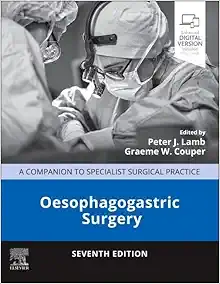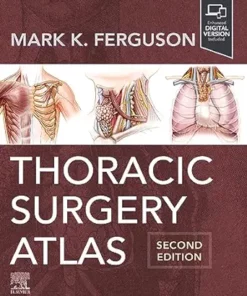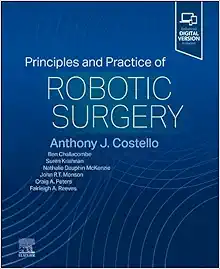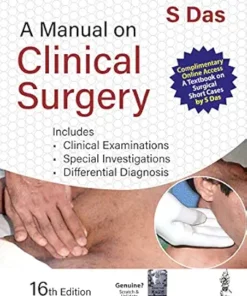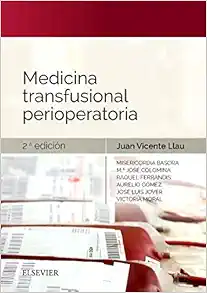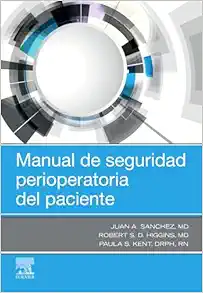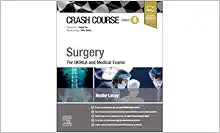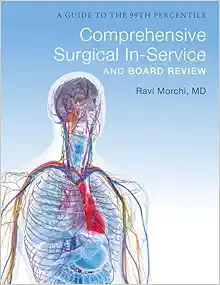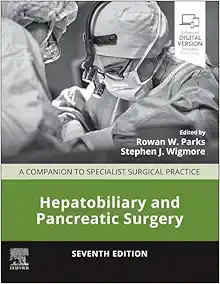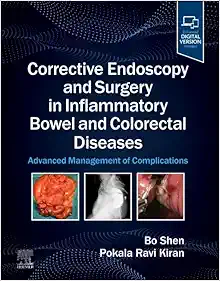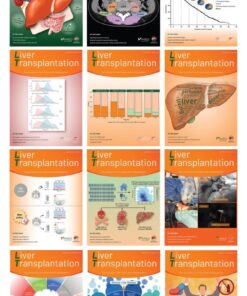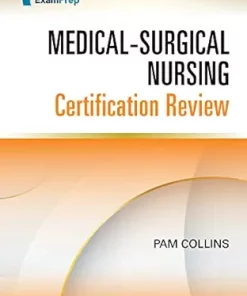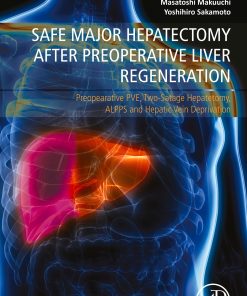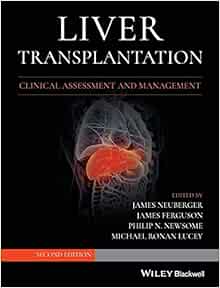Treatment of Peritoneal Metastasis, An Issue of Surgical Oncology Clinics of North America (Volume 27-3) (The Clinics: Surgery, Volume 27-3)
$18
Format : Publisher PDF
File Size : 12.4 MB
Treatment of Peritoneal Metastasis, An Issue of Surgical Oncology Clinics of North America (Volume 27-3) (The Clinics: Surgery, Volume 27-3)
.
If you’re in the medical field, particularly in the oncology realm, then you’re most definitely aware of how peritoneal metastasis can greatly affect someone’s quality of life. It’s a serious condition that can be challenging to manage, but it’s not impossible. That’s where Dr. Edward A. Levine’s guest-edited issue of Surgical Oncology Clinics of North America comes in, which is devoted entirely to Treatment of Peritoneal Metastasis.
If you’re not familiar with Dr. Edward A. Levine, he is a world-renowned surgical oncologist who currently serves as the John R. Dunlap Distinguished Professor in Surgery, and Chief of the Division of Surgical Oncology, at Wake Forest University School of Medicine in Winston-Salem, North Carolina. He has dedicated his career to studying and improving the surgical treatment of cancer patients, particularly those with peritoneal metastasis, and is an expert in the field.
The issue he’s curated contains over 20 expert-authored articles that cover a broad range of topics surrounding peritoneal metastasis, giving a comprehensive overview of all the relevant issues. Some of the topics tackled include the history of cytoreductive surgery and hyperthermic intraperitoneal chemotherapy, imaging for peritoneal metastases, patient selection for cytoreductive surgery, pharmacodynamics and pharmacokinetics of intraperitoneal chemotherapy, genomics and peritoneal metastases, techniques and safety issues for intraperitoneal chemotherapy and the learning curve for cytoreductive surgery.
Additionally, the issue addresses specific types of peritoneal metastases, such as peritoneal metastases from gastric cancer, mesothelioma, appendiceal cancer, colorectal cancer, ovarian cancer and even explores palliative care of advanced peritoneal disease. Suffice it to say that if you want an in-depth understanding of treating peritoneal metastasis, this issue is a must-have.
Now let’s talk about the more practical aspects of this book. The first thing to know is that it is published by Elsevier, a well-known publisher of scientific and medical literature. The book is the first edition and was released on August 10, 2018, which means that the information contained in it is both current and relevant. The language of the book is English, and the ISBN-10 and ISBN-13 are 032361082X and 978-0323610827, respectively.
One of the things that sets this book apart is its accessibility. Even if you’re not a surgical oncologist, the articles contained within are written in such a way that they are understandable to the general medical community. The information presented here is relevant to anyone involved in the care of cancer patients.
There is also a great deal of information on techniques and safety issues associated with intraperitoneal chemotherapy. These sections are particularly helpful for those who are just starting to work with this type of therapy, as it can be a little intimidating at first.
Some of the most exciting parts of this book are the articles that explore new technologies such as genomics, and how they can be used to predict which patients will respond best to certain treatments. The field of oncology is constantly evolving, and this book stays up-to-date with all the latest developments.
In conclusion, if you’re interested in surgical oncology or peritoneal metastasis, this issue of Surgical Oncology Clinics of North America edited by Dr. Edward A. Levine is a must-read. It contains essential information that is relevant to anyone in the medical field working with cancer patients, whether you’re just starting out or are experienced in the field. So why not order your copy today? You never know when you might need it.
Product Details
- Publisher : Elsevier; 1st edition (August 10, 2018)
- Language : English
- ISBN-10 : 032361082X
- ISBN-13 : 978-0323610827
Related Products
GENERAL SURGERY
GENERAL SURGERY
GENERAL SURGERY
Thoracic Surgery Atlas, 2nd Edition (True PDF from Publisher)
GENERAL SURGERY
GENERAL SURGERY
GENERAL SURGERY
GENERAL SURGERY
Behind the Knife – ABSITE Podcast Companion, 3rd edition (EPUB)
GENERAL SURGERY
GENERAL SURGERY
GENERAL SURGERY
GENERAL SURGERY
GENERAL SURGERY
GENERAL SURGERY
GENERAL SURGERY
GENERAL SURGERY
GENERAL SURGERY
GENERAL SURGERY
The General Surgeon’s Guide To Passing The Oral Boards (EPUB)
GENERAL SURGERY
GENERAL SURGERY
EMQs in Surgery (Medical Finals Revision Series), 2nd Edition
GENERAL SURGERY
Allgemein- und viszeralchirurgische Eingriffe im 3. und 4. Jahr
GENERAL SURGERY
GENERAL SURGERY










